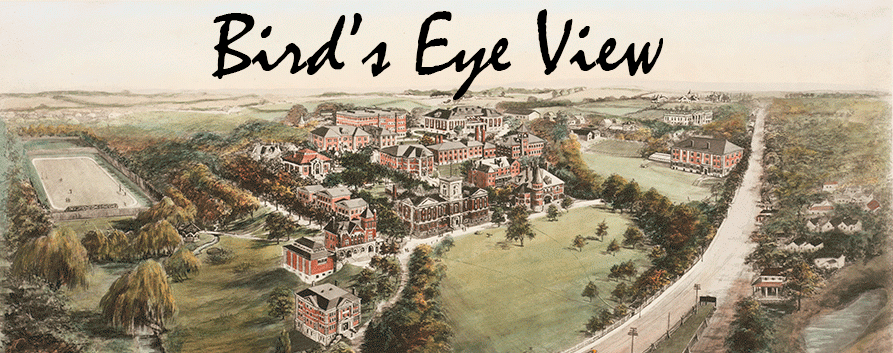Many poignant memories have been shared over the past week following the death of Al Smith and deservedly so. Al meant as much or more to Kentucky as any elected official. He was the conscience and crusader for many of the progressive changes that the commonwealth desperately needed and still needs.
I first met Al in the 1970s when one of his projects was to fund and expand oral history research in Kentucky, not just at colleges and universities but also through a network of public libraries across Kentucky. Working with John Ed Pearce they convinced Governor Julian Carroll of the need and back then that was all that was needed to procure state funding. They established the Kentucky Oral History Commission, the only one in the United States, and over the years the Commission has funded hundreds of oral history projects.
I always felt fortunate to spend time with Al. We once met for breakfast at a local restaurant for reasons I do not recall. But I do remember sitting there with Al trying to absorb the rush of ideas and topics he went through seemingly without taking a breath. As the clock moved from morning towards noon, our server stopped by our booth and asked, “Would you like to see a lunch menu?” Breakfast and lunch could often bookend a meeting with Al.
When Al and Rudy Abramson decided that the University of Kentucky needed an Institute for Rural Journalism, there was no turning back. They secured $50,000 in grants to begin planning and establishing the groundwork for the institute. They then convinced UK President Lee Todd to get behind the effort.
Al and Rudy recruited the distinguished Appalachian scholar Ron Eller, Journalism professor Roy Moore, and me to manage the grants. We used the seed money to hold information and listening sessions across a broad swath of Appalachia including Kentucky, Tennessee, West Virginia, and North Carolina. Not only did Al seek the support of scholars, activists, and civic leaders, he sought to convince them that the institute should be at the University of Kentucky. Of course, Al and Rudy made the institute a reality, hired Al Cross. and the rest as they say is history.
Al wrote all of his adult life but before he began his two volume memoir I thought he should do a series of oral history interviews about his life and career. It took some time to convince the seemingly ever moving Al to sit for two hour interview sessions, but he finally acquiesced. Know far and wide for his ability to talk at length, when I told people I had begun a series of interviews with Al the inevitable refrain was, “Do you ever get to ask a question?” I always replied, “Yes, I get to ask one question at each interview session.” Then I would be asked, “Well, how do you choose the question to ask since you only get one per session. I said, “Oh, it’s always the same question. Al, can you wait until I turn on the recorder?”
I told that story innumerable times in Al’s presence and he always seemed to enjoy it as much as my audience. Al was that way. He was serious about issues and did not hesitate to stand atop a bully pulpit. But he was also a humble, sincere, kind, and gentle man. We do not get many like Al Smith and that is why we will miss him so much. Here is hoping that others will take up his crusades in such a way that Kentucky continues to make progress and that the life and work of Al Smith will be both remembered and honored.







